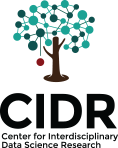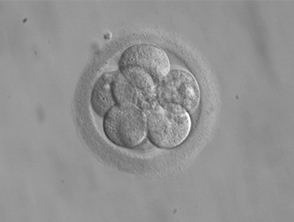by Sondra Turjeman
Where there is data, there are data scientists. COVID-19 has, unfortunately, taken the world by storm, and with the hundreds of thousands of infected individuals come many more data points. There are millions of data points directly associated with the disease, for example the ages, sexes, and medical histories of those infected and those who have recovered, the epicenters of disease, and the outcomes of various treatment approaches. There are also endless statistics on associated consequences including unemployment rates, cancelled flights, shelter-in-place measures, and new job postings.
Models and graphs abound in the news and throughout the academic community. Everyone wants to know how great of an impact COVID-19 will have and how we can bring it to its end. As of last week, nearly 50,000 articles covering COVID-19, SARS-CoV-2, and corona viruses in general had already been published. Raw global data regarding the current outbreak is available on several platforms (e.g. The Humanitarian Data Exchange). Furthermore, as part of the COVID-19 Open Research Dataset Challenge (CORD-19) on Kaggle, data scientists are encouraged to apply novel analysis techniques from the fields of artificial intelligence and natural language processing to best address a number of tasks ranging from what we know about COVID-19 risk factors to protocols relating to ethics and social sciences considerations. Hackathons have also been springing up throughout the world (e.g. Estonia, Germany, India, and even a few in Israel). Data Native’s #HACKCORONA brought together over 300 participants from 41 countries for a 48-hour virtual hackathon (see here), and another 48-hour hack is scheduled for this week. These challenges bring together data scientists, epidemiologists, immunologists, project managers, and others in associated fields with the shared goal of stopping the pandemic as quickly as possible.
While data scientists cannot solve the COVID-19 crisis alone, Tomer Amit, writing for Medium, and Bernard Marr, writing for Forbes, do a good job of explaining what they can do and have already done. Findings from unbiased analyses combined with input from field experts are paramount in guiding policies associated with the pandemic and in making preparations for future disease outbreaks.
The CIDR team wishes you and yours good health during this trying time. Check back soon for a CIDR-Approved Corona Reading List.






